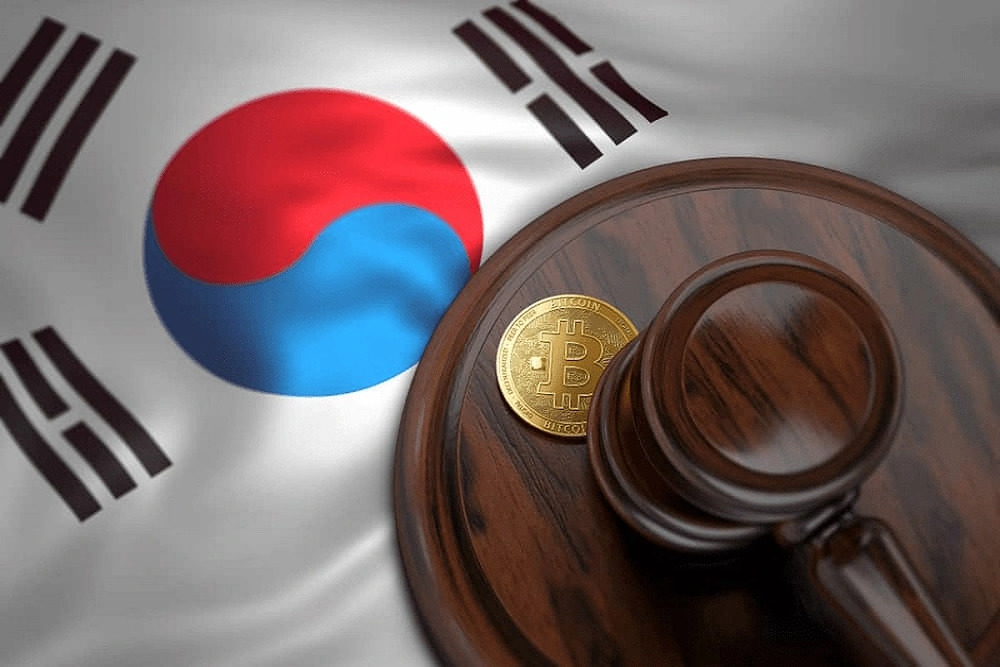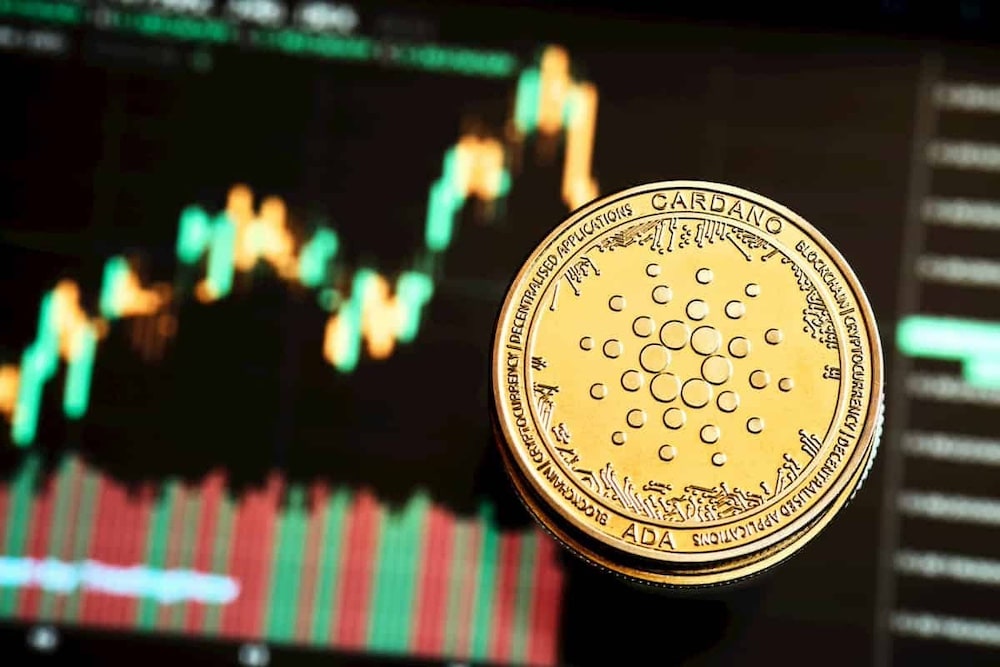In a welcomed development, South Korea has created a new law to protect people crypto investors. This is important because South Korea is a major hub for cryptocurrency activity. The new law comes after significant issues in the industry, such as the crash of Terra-Luna and the bankruptcy of cryptocurrency exchange FTX some years back.
On Friday, July 19, a new law called the Virtual Asset User Protection Act (VAUPA) started. This law is a big step in controlling the country’s growing cryptocurrency market. It combines 19 different laws into one, making clear rules about digital assets and setting punishments for breaking those rules.
The regulator wrote in a press statement, “The FSC expects that the implementation of the Virtual Asset User Protection Act will establish a foundation to provide safe protection for users.”
Key Provisions of the VAUPA
The VAUPA puts together many cryptocurrency-related laws, making the rules clearer and easier to understand. By doing this, South Korea hopes to make a stronger set of laws for the cryptocurrency industry. The law, which focuses on protecting investors, deals with unfair trading, market manipulation, and the use of secret information. These steps are relevant in keeping the market fair and balanced, especially considering the anonymity common with crypto transactions.
In the same vein, the VAUPA, leaving no stone unturned, gives clear definitions for words related to virtual assets. This helps everyone in the market understand things better, erasing any room for ambiguities that might breed confusion in the long run.
Penalties and Enforcement
The law sets tough punishments for market manipulation. People or groups found guilty of changing prices or spreading false information could face fines and jail time. The law says that using secret information for personal gain is not allowed. Based on this new law, offenders could face serious consequences, including criminal charges. The VAUPA equally targets unfair practices that hurt regular investors. People who make money from unfair trading could face jail time of 1 year or more or a fine of 3-5 times the profits. “As it becomes possible to bring severe penalties against those engaging in unfair trading activities, it is also expected to help establish a sound order in the virtual asset market,” the statement continued.
This new law is the first part of a plan to promote good practices in the virtual asset industry. A second part of the law is being planned and will likely control how virtual assets are distributed and require certain disclosures.
As expected, people in the industry have generally welcomed the VAUPA. It gives much-needed clarity and stability, encouraging responsible growth. But following the law is still a challenge. Exchanges, projects, and investors must quickly adapt to meet the new requirements.
South Korea’s Global Influence
South Korea is one of the first countries to put such a complete law in place, and it sets an example for other countries to follow suit. It’s possible that the country’s approach to protecting investors may influence global cryptocurrency regulations. The VAUPA balances encouraging innovation and protecting investors. This balance is important for sustainable growth going into the future.
- Bitcoin Falls to $65K as Mt. Gox Transfers $2.8 Billion BTC to External Wallet
- News of Marathon Digital’s $138 Million Fine for Breach of Non-Disclosure Agreement Triggers a Bearish 2.5% of Its MARA Stock
- Are $530M Bitcoin ETF Inflows a Blessing or Caution?
- Metaplanet Teams with Hoseki for Real-Time Bitcoin Holdings Verification
- 10 Best Meme Coins To Invest in 2024
- Building Secure Blockchain Systems: An Exclusive Interview with ARPA and Bella Protocol CEO Felix Xu
- Building The “De-Facto Crypto Trading Terminal”: An Exclusive Interview with Aurox CEO Giorgi Khazaradze
- Building a New Global Financial System: An Exclusive Interview With Tyler Wallace, Analytics Head at TrustToken
- “Solana is the Promised Land for Blockchain” — An Exclusive Interview with Solend Founder Rooter
- El Salvador: Where The Bitcoin Revolution Begins With A Legal Tender

 Why Trust Us
Why Trust Us







